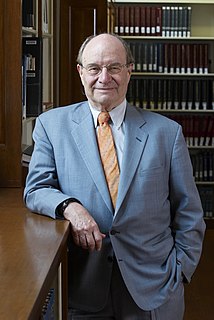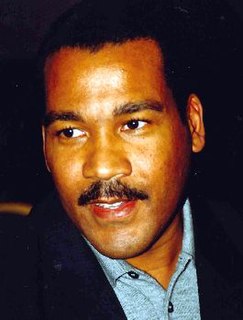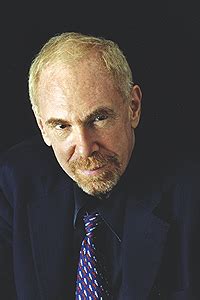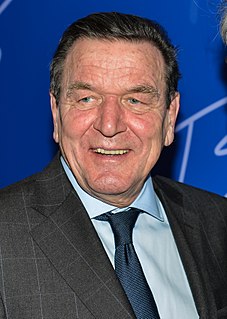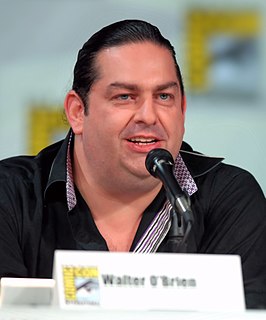A Quote by Walter Gilbert
Related Quotes
On some positions, cowardice asks the question, is it expedient? And then expedience comes along and asks the question, is it politic? Vanity asks the question, is it popular? Conscience asks the question, is it right? There comes a time when one must take the position that is neither safe nor politic nor popular, but he must do it because conscience tells him it is right.
Cowardice asks the question, is it safe? Expediency asks the question, is it politic? Vanity asks the question, is it popular? But conscience asks the question, is it right? And there comes a time when one must take a position that is neither safe, nor politic, nor popular, but one must take it because it is right.
I always thought that I could write a novel. In my case, it was misguided. I do believe that the best nonfiction is not "literary journalism," a misleading term, but rather journalism that asks the questions that serious literature asks. It's storytelling that happens to be true. So I don't think it was a missed opportunity. After awhile you learn what you're really good at. Life is short, so spend time doing that.
I have often had cause to feel that my hands are cleverer than my head. That is a crude way of characterizing the dialectics of experimentation. When it is going well, it is like a quiet conversation with Nature. One asks a question and gets an answer, then one asks the next question and gets the next answer. An experiment is a device to make Nature speak intelligibly. After that, one only has to listen.
